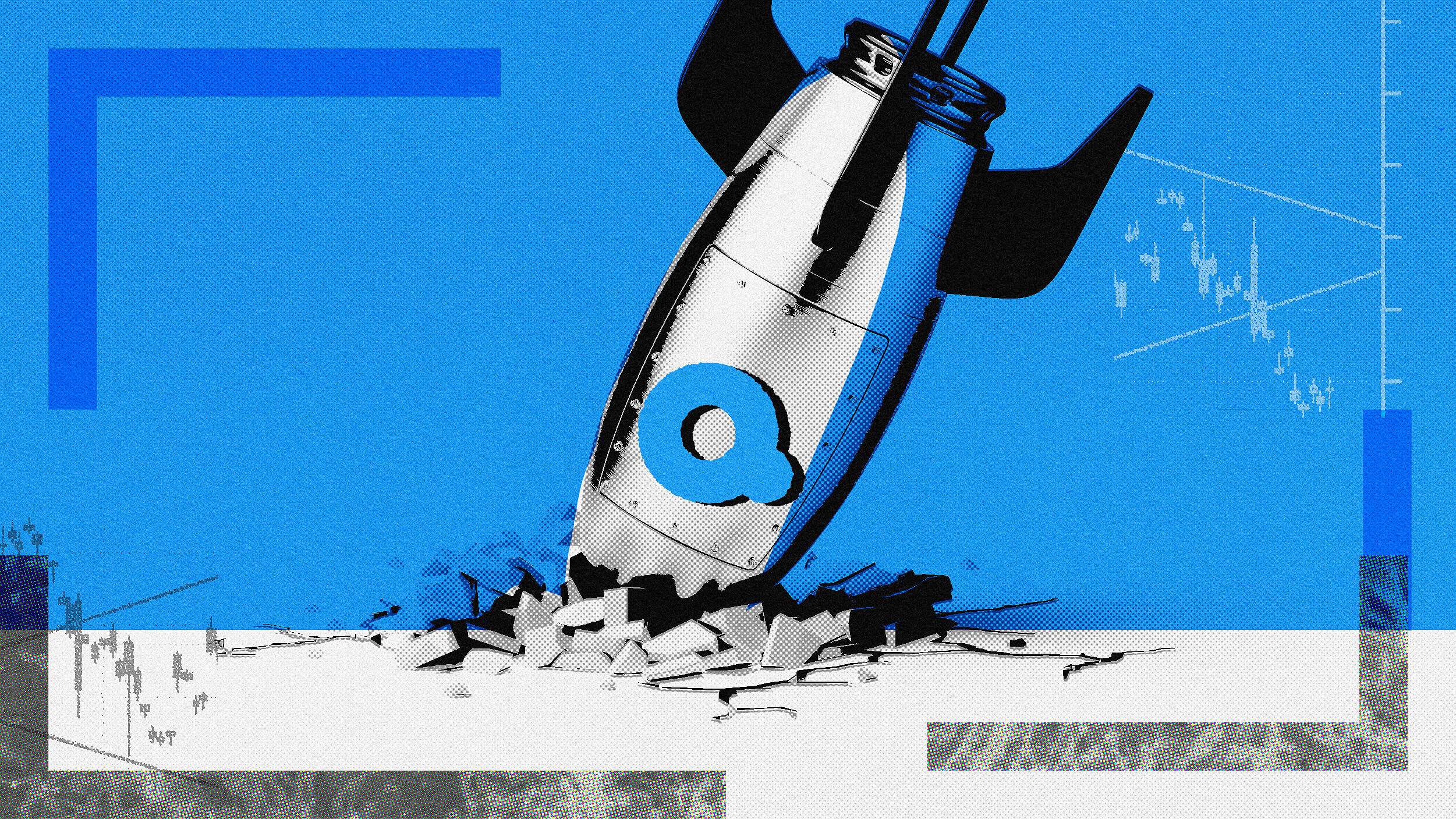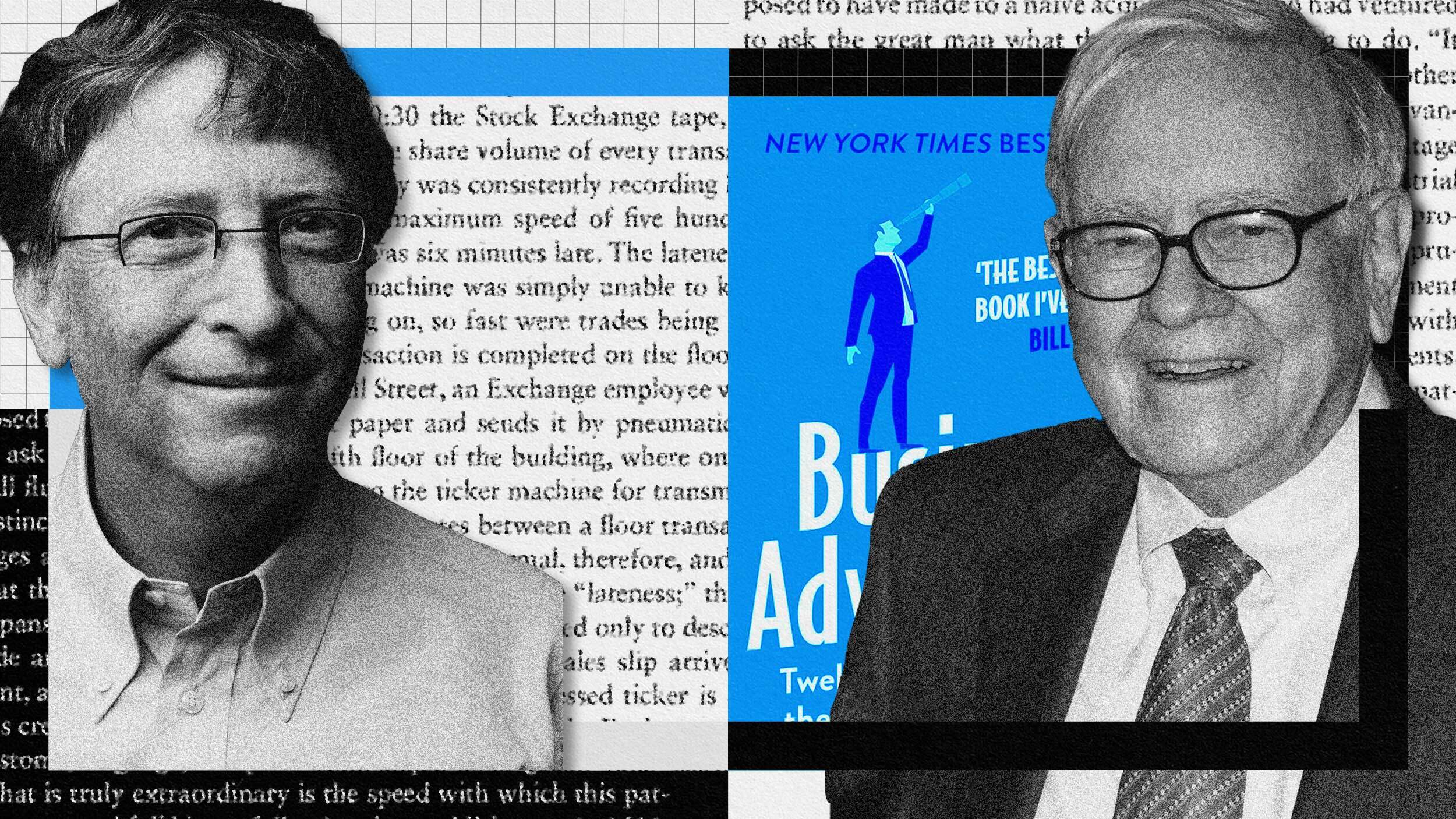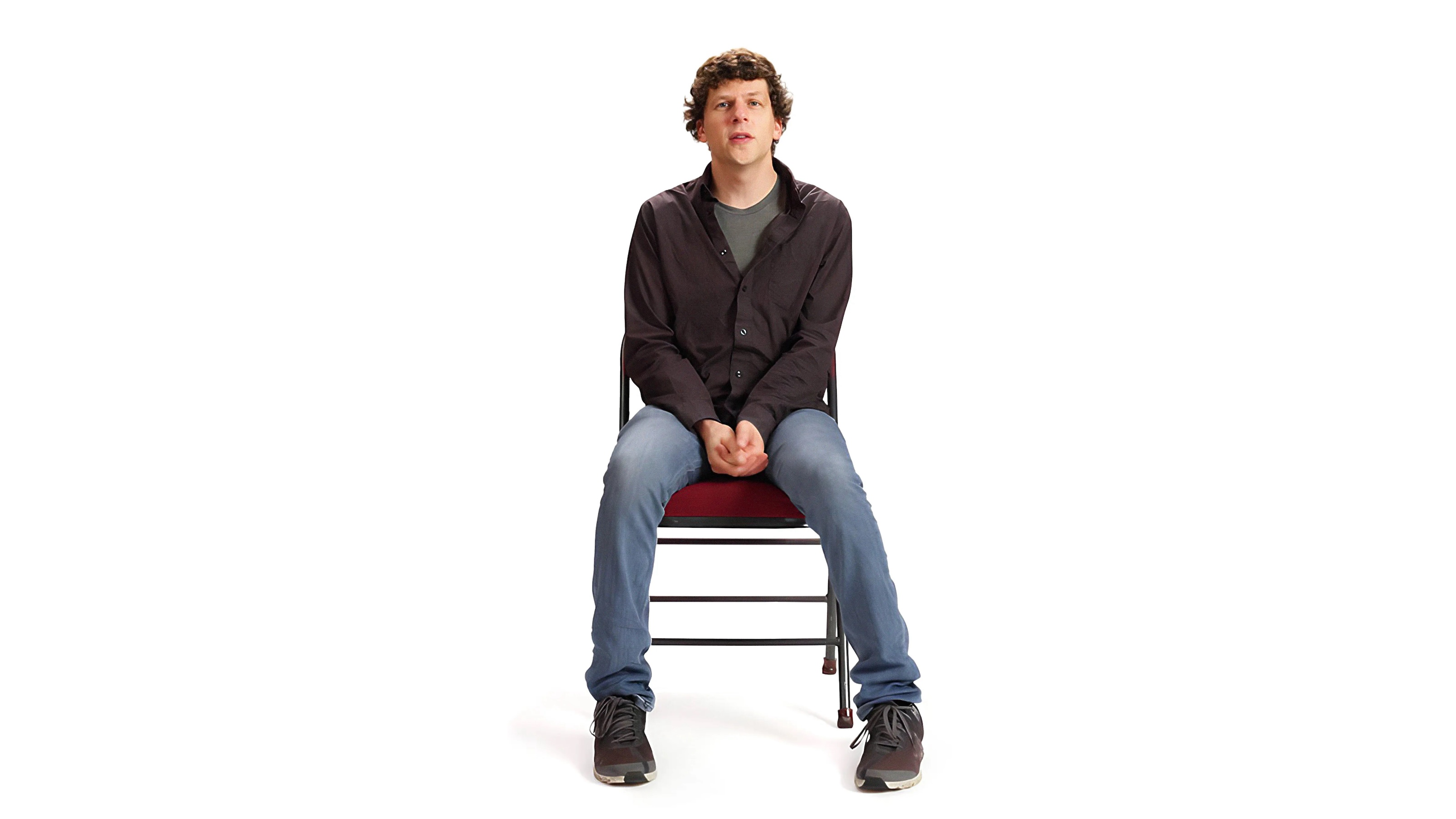If you have any sort of power for any reasonable length of time, you will be changed by it — awareness of the effects is crucial.
Nik Kinley is Director and Head of Talent Strategy for the global talent management consultancy YSC, and the co-author of Re-writing Your Leadership Code.
Startup success can often hinge on a key lesson derived from behavioral science … and Jerry Seinfeld’s “Night Guy vs. Morning Guy” routine.
Martin Gonzalez is the co-creator of Google’s Effective Founders Project and the co-author of The Bonfire Moment.
In some organizations “founder mode” can become synonymous with over-reliance. Here’s how to avoid the pitfalls of “apparent irreplaceability.”
Kathleen Fitzpatrick is the director of Digital Humanities and a professor of English at Michigan State University. She is the author of Generous Thinking and Leading Generously.
Quibi was so focused on foresight they forgot the basics of hindsight.
Four startup founders explain how to derive lessons from the past while still looking ahead to what’s possible.
The rise and fall of Josh Harris — the genius who anticipated the digital revolution just a little too soon.
Carving out time for useful reflection is among the most valuable of leadership disciplines, explains “questionologist” Warren Berger.
“Business Adventures” by John Brooks was first published in 1969 and remains a must-read for all CEOs.
David Novak — the cofounder, and former CEO and chairman, of Yum! Brands — celebrates the benefits of active, lifelong learning.
Why the best entrepreneurs should be more Obi-Wan Kenobi than Luke Skywalker.
Big Think asks startup legend and VC heavyweight Ben Horowitz to reflect on his bestseller “The Hard Thing About Hard Things.”
A-list lessons for better work-life collaboration — direct from the movie set.
How to make sure our formative tendencies don’t derail us from being the great leaders we are trying to become.
















